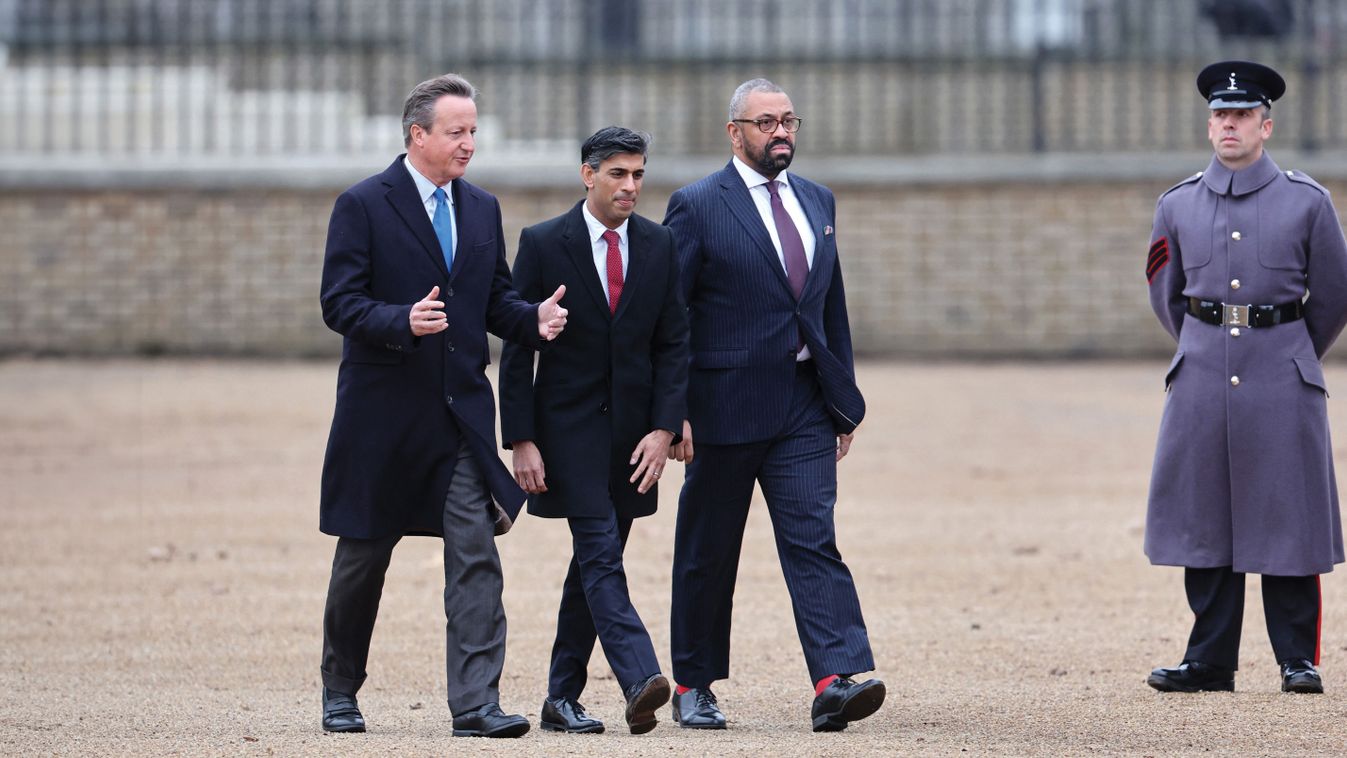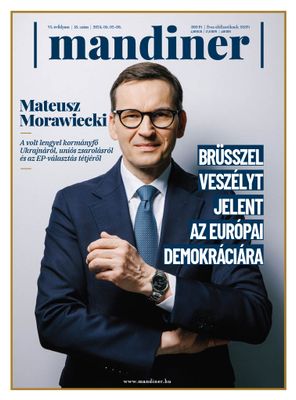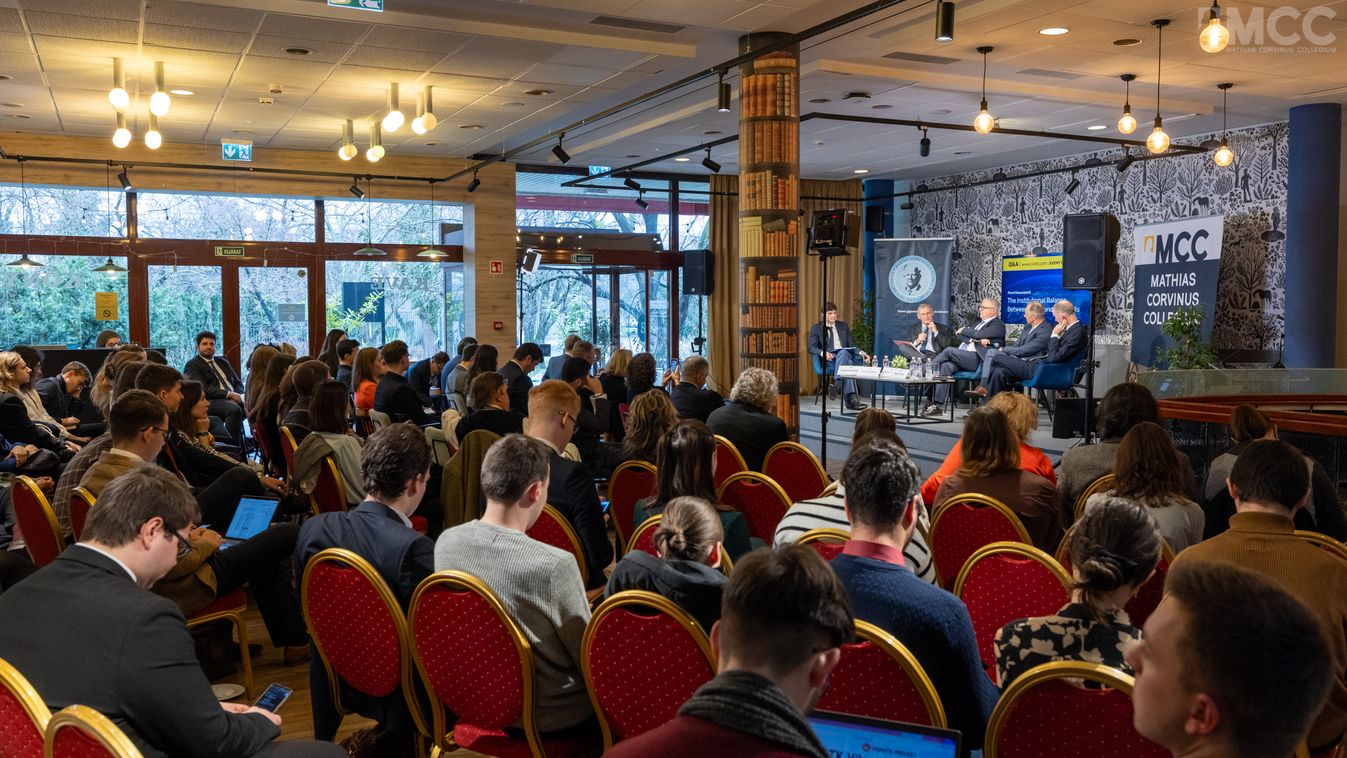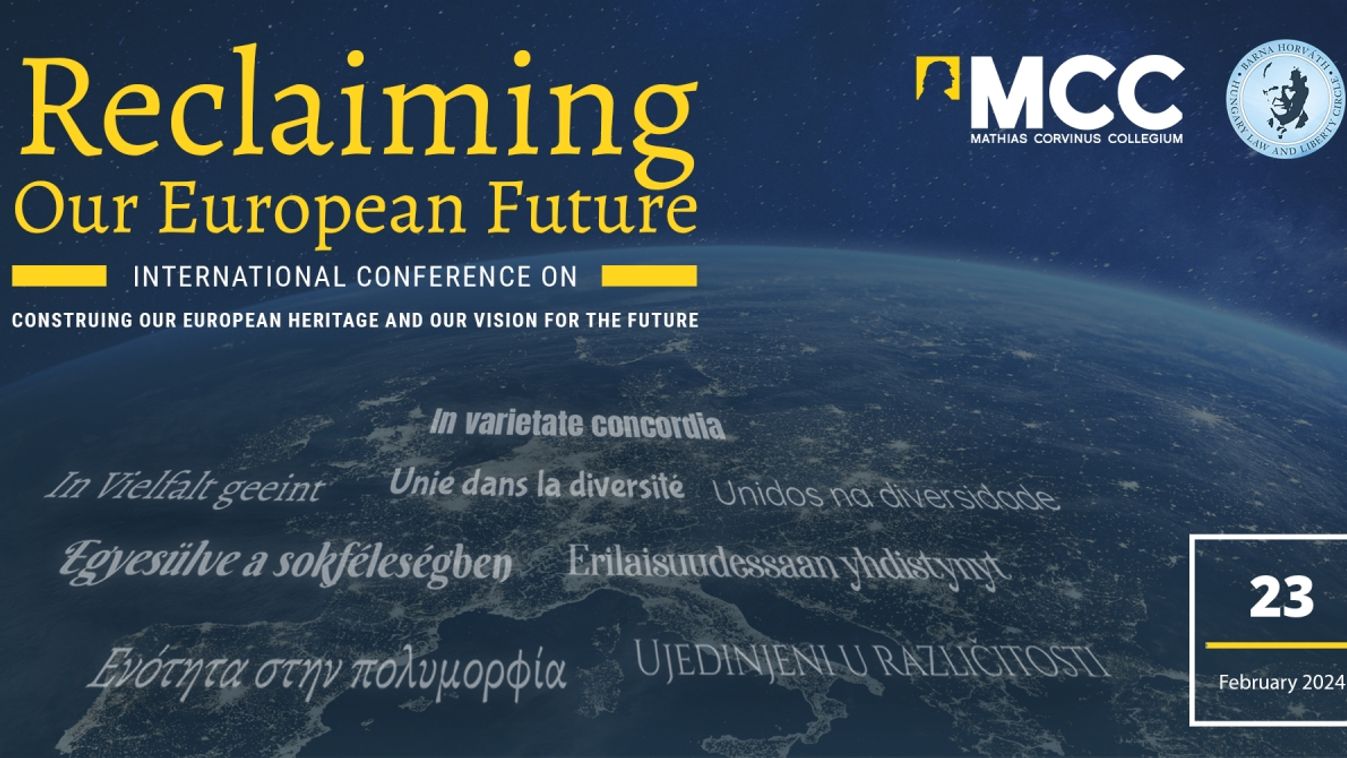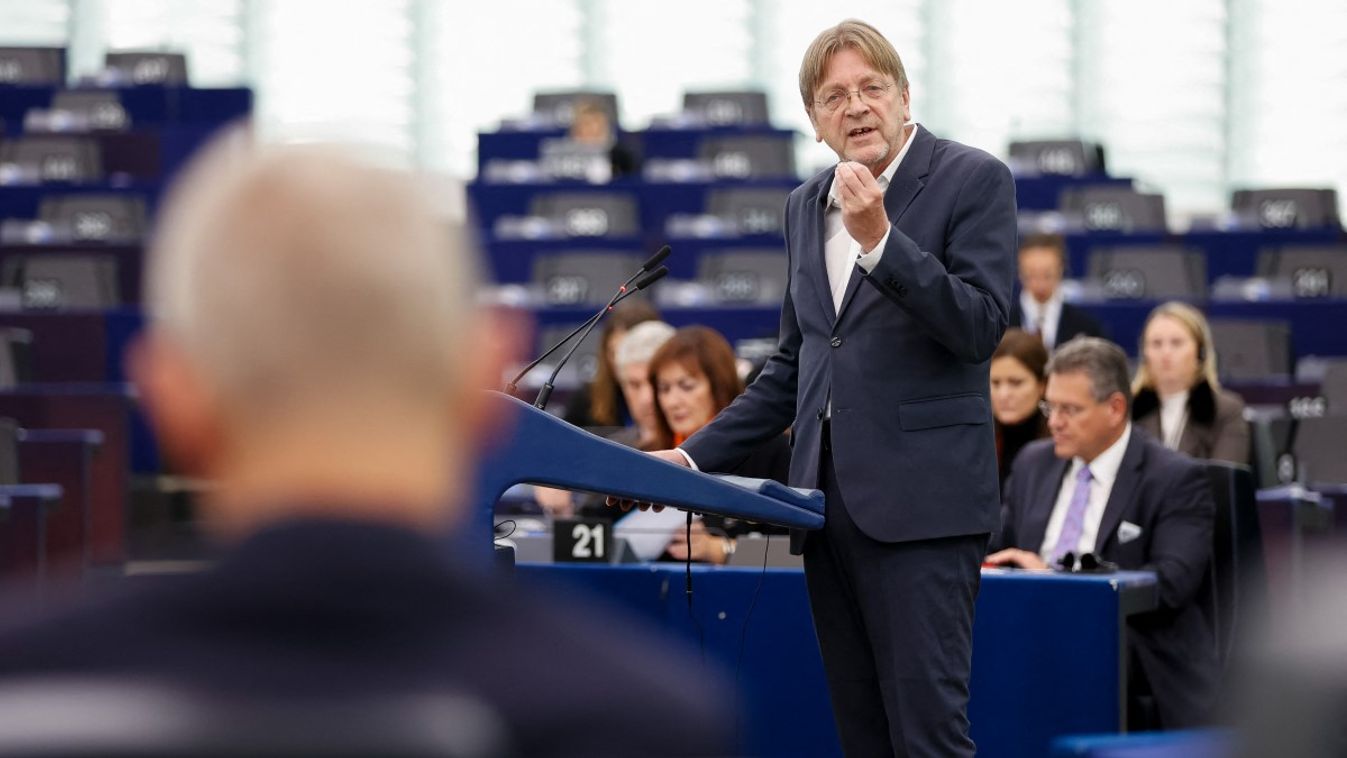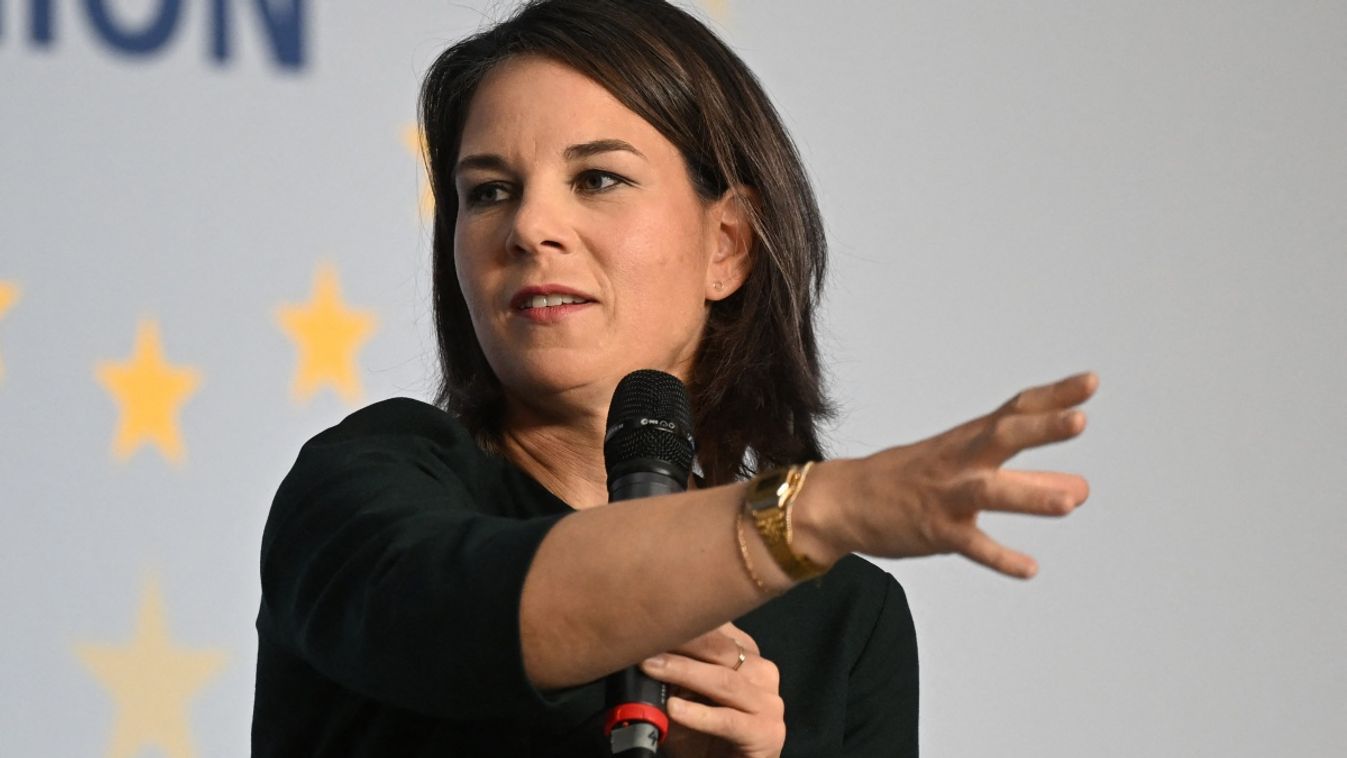Holger HESTERMEYER is a Professor of Law at King's College London and a Senior Research Affiliate of the Max-Planck-Institute for Comparative Public Law and International Law at Heidelberg. His expertise is in international law, EU law and comparative public law. He has served as Specialist Adviser to the EU Select Committee and the EU External Affairs Sub-Committee of the House of Lords, as co-Vice-President of the Society of International Economic Law and co-director of the Red Latinoamericana de Derecho Económico Internacional. Before joining King’s, Holger was a Référendaire at the Court of Justice of the EU and leader of a research group at the Max-Planck-Institute in Heidelberg
After more than four years of cumbersome negotiations and only days before the deadline a deal was cut between the UK and the EU about their future economic partnership and cooperation. One of the major symbolic issues of these negations was the fisheries. Why, in your view they gained importance in the vote for Brexit as well as during the withdrawal negotiations?
Fish has been an emotional topic in the UK for a long time for several reasons. The first is sovereignty. Fishery is quite clearly about sovereignty, borders and access. But beyond sovereignty this is also about the image of the UK as a nation. The UK is an island nation and has a long history as a great naval power. On the other hand, fish is far more of a zero-sum game than other issues that were under negotiation so that
“winning” and “losing” becomes an issue in the negotiations.
In the case of trade, free trade is a win-win since nobody really wants to have a lot of barriers to trade and administrative complexities. However, fish is different: if I get a certain fish quota you don’t and if you get it I don’t. That makes the question of fishing emotional even though the reality of fishing is more complex than one would think at first sight. Take, for example, fish trade: for historical reasons the UK fishes fish that the British people do not eat and instead export it to the EU. The EU fishes fish that the UK eats. So if there would have been tariffs on UK fished fish, the impact on the UK fishing industry would have been devastating. And this means that even on fishing a trade deal can be win-win.
As a result of the agreements struck on Christmas Eve, the UK seemingly traded regulatory independence for a more limited access to the internal market of the EU. I am wondering whether this agreement, in your view, is going to pay off for the UK. What in your view are the most problematic parts of the agreement for the UK?
The logic of trade and the logic of red lines won. The UK in the end knew that without a deal the British automotive industry would very likely disappear in a very short amount of time. As far as the EU is concerned, not reaching a deal might not have been as dramatic because EU-UK trade represents a smaller percentage of EU trade than of UK trade, but it would have been a significant economic hit as well. Nobody wanted this. So a deal was struck. But the deal in the end respected the red lines of both the UK and the EU. The UK did not trade away its regulatory independence, but its access to the market is now subject to significant trade barriers which result from the possibility of regulatory divergence.
The UK did not have its cake and eat it.
The consequences can be seen, for example, in services trade. If the UK does not want to bind itself in terms of regulation, it can get very little on services trade. This is not good for the UK, which is a nation that trades a lot in services. But this was a consequence of the priorities set by the British government. The government recognized that and had very limited goals in services and even those at times could not be realised because of the red lines the government drew for itself.
And how do you see the deal around the trade in goods?
In terms of goods there are no tariffs and no quotas, which is unusual for a trade agreement, but it is no surprise as I think nobody went into the negotiations saying that there would be tariffs. However, the change from a customs union to a free trade agreement means that only British goods benefit from the preferential zero tariffs. Therefore, goods have to comply with rules of origin to show that they are British. Such compliance is not required within the EU since it is a customs union. This is a significant burden for industry because before you basically did not have to consider which parts come from where. Now, in order to benefit from the zero tariffs you have to comply with the rules of origin, which are specific for each product. This requirement comes with a significant administrative burden since you always have to keep track which bit is from China which one is from the EU and which one is from the UK. This burden might also require to change at times the sourcing. The other problem with goods is, again, regulation – where little could be done because regulatory freedom was a basic negotiation goal of the UK government. For example, the products of the British food industry are now subject to so called sanitary and phytosanitary or SPS controls.
The concept of level playing field was crucial during the negotiations. Could you shed light on this concept as well as on its role?
It is the question of how we trade fairly. Let me highlight it with a hypothetical example about country X. Let’s say that country X tomorrow decides that environmental protection is not good for their economy so they are going to get rid of it altogether. What would happen if there is zero tariffs between Hungary and country X? Well, a Hungarian factory which is subject to a lot of environmental obligations since Hungary does not want to have a lot of carbon-dioxide in the atmosphere, will say that they would rather produce at half the cost and move to China. They move to China and they export back the products at zero tariffs. In this way they can outcompete all Hungarian factories that comply with environmental law.
In the end you have done nothing against carbon-dioxide emissions and you lost your industry as well.
So this is a significant problem across the board since regulation increases the costs of production. How would you protect yourself? Traditionally, through the use of tariffs. But of course in a free trade deal you try to get rid of tariffs so the EU wants to bring in level playing field requirements. The public discussions on both sides did not really reflect the problem fairly however, in that they always suggested that only the UK will have lower standards. This is a trade issue for most countries.
How can one enforce the obligations of the agreement and level playing field requirements?
One of the important changes of the agreement is that in the past, under EU law, an importer could go to a court of an EU Member States and enforce EU law. But this avenue is gone with respect to the UK. Now, in general
you have to resort to State-State dispute settlement
or, for level playing field, additionally a new rebalancing mechanism. For state aid law there is also a provision on some powers national courts and tribunals have to have. The reality of State-State dispute settlement is that it is comparatively rarely used. Therefore, both UK and EU companies will find it much harder to have treaty obligations imposed on the UK or on an EU Member State. This will also be true for the level playing field.
One other aspect of the State-State dispute settlement mechanism is that it usually involves factors other than the actual dispute…
That is exactly true. That is why small exporters if they are not symbolic or do not produce a symbolic product of a specific country or do not have direct lines to the government, will have no chance to bring cases. The same is true for the level playing field. If this is not either very drastic or economically relevant or highly symbolic, it does not seem to me that this will be used very often.
What will happen with the protection of British investments in the EU and vice versa?
The agreements do not contain investor-state dispute settlement (ISDS). I think this has two reasons. On the one hand, the EU cannot do ISDS as an EU-only agreement. On the other hand,
the UK has never terminated its own investment treaties that she once concluded with Central and Eastern European countries.
Based on EU law, the UK was committed to terminate those treaties but in the end they never did that. The EU even started infringement proceedings against the UK for not terminating them. The legal obligation arouse under EU law and now the question is whether this legal obligation survives or it is gone with Brexit becoming real. From a practical standpoint I am not sure the UK will terminate those investment treaties.
By regaining its independence, how does the leverage of the UK likely change vis-à-vis third countries?
There are arguments on both sides. Of course, as a separate country, the UK can pursue its own interests. That can lead to a better targeted negotiation approach. However, its negotiating power has significantly reduced. On the whole, I think the targeted approach will not entirely compensate for this reduction. However, I am not entirely sure that some of the changes that a trade agreement – for example with Australia or with the United States – implies are not precisely what a lot of people, politicians in particular want.
We need a more honest debate about the regulation that the UK wants.
So far the debate is that it comes from the EU, so it is bad. Therefore, divergence is good without even mentioning what they are talking about. It is deflection rather than asking for example, do we want to change the way we regulate food in the UK?
As part of the deal, the Court of Justice of the European Union (CJEU) lost its jurisdiction over the UK and future disputes that will arise out of the agreement will be settled by an arbitration mechanism. How in your view could such a dispute resolution mechanism impact on the autonomy of the EU legal system as well as on the monopoly of the CJEU to interpret EU law?
The way I understand the case law on the autonomy of the EU legal system is that this question relates to the interpretation of EU law. So far we have no judgments prohibiting trade agreements that include typical dispute settlement mechanisms for trade. Things are, of course different for investment law because of Achmea. If there was EU law in the agreements and the agreements made the interpretation of the arbitration mechanism binding on the EU, it would create problems and challenges with regard to the autonomy of EU law. However, the arbitration mechanism cannot interpret EU law and can only interpret the agreement itself and the agreement does not include EU law. For me this is what is allowed. Nonetheless, if trade agreements continue to develop and ultimately become more restrictive we might be in problematic territory again.
Do you think that the CJEU will review the agreements?
The Court will not hesitate to analyze it if a case is brought.
What I think is problematic – although not illegal – is the way in which the European Parliament was sidelined in the process.
The European Parliament still gets its scrutiny in the end – after all under EU law it has to vote before an agreement can be ratified. However, it would now be much harder to reject the deal after it entered into force provisionally. I do concede, though, that this agreement is very special in that it is hard to vote down whether provisionally in force or not, as the agreements maintains at least some of the things we had in the past and the alternative to it would be falling back to WTO conditions.
What are the lessons learned from Brexit?
There are a couple of things we need to learn from Brexit.
One of the things is how European countries at times distort their own internal debates in the EU.
The UK, for example, perceived itself as an entirely service oriented country that has no agricultural interests. That positioning stems from EU debates in which the UK opposed France that traditionally has a strong protectionist agricultural sector. With France making sure farmers (including UK farmers) would be protected, the UK could relentlessly attack agricultural protectionism. The agricultural sector now has to find its voice in the UK.
How about the other side? The upcoming Conference on the Future of Europe aspires to provide a forum for discussion about the potential reforms of the EU as well as about the future of the European continent. What in your view are the major lessons of Brexit that would be worth taking into consideration during the conference?
Not only the UK has to learn from Brexit, the EU also has lessons to learn. One of the things I learnt is that the way in which we discuss Europe is often problematic. Think of how debates about unpopular regulation differ depending on whether the regulation is proposed at the EU or at the national level. On the national level the debate will often be structured around the regulation or a political opponent. On the EU side, we attack Brussels. That makes no sense. It is a structural problem that might be resolved through more transparency and information. On the other hand, we need to be more honest about the trade-offs of European integration.
We should look at the concrete problems and challenges asking whether Europe has made it better or worse.
For the most parts we will find that Europe has made them slightly better. Europe has not resolved the migration crisis in Italy, but without Europe, Italy would be worse off in that regard rather than better. Even when Europe makes things worse or reaches a decision you do not like, it is the outcome of a political debate and one still has the opportunity to vote for different parties in the election. We all have to learn from Brexit in order to improve on both sides. One thing I hope the agreements between the UK and the EU can achieve is to have a structure under which there will be instructive debates in the future.
